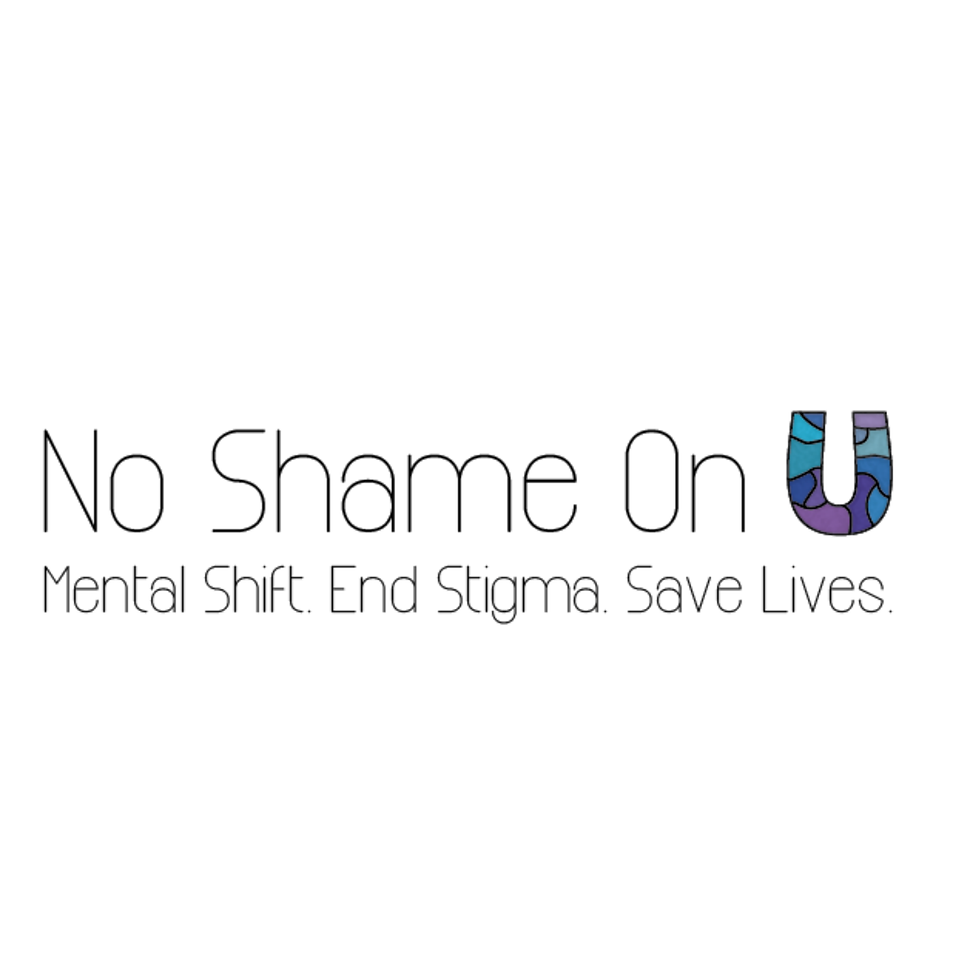Crisis Text Line
- The Breather
- Sep 9, 2020
- 3 min read
“Home” took on a new meaning for many in these recents months, as states across the country began implementing “stay-at-home” orders to combat the spread of COVID- 19. “Home” has taken on another meaning for the thousands of others who have been involved with the Crisis Text Line the past few months. Whether it be the volunteers who have found a way to both keep busy and make an impact or texters who have found a resource to help cope during these difficult times, “home” has been a means of staying afloat “Home” is one of the many prompts that a texter can text into the Crisis Text Line hotline at 741-741 to be connected with a trained crisis counselor, often within minutes.
After a few automated messages explaining the terms and conditions, the texter will be paired with live Crisis Counselors. Crisis Counselors, or CCs, have been trained at least 30 hours to help a texter “move from a hot moment to a cool moment” over text messages on a secure online platform. It is available 24/7 across the US, Canada, UK, and Ireland free of charge. Since the establishment of the organization in August 2013, over 150 million messages have been exchanged on the platform to help texters in times of need. Conversations can cover anything the texter feels is needed. Common topics addressed are anxiety, relationships, suicide, more recently COVID. While CC’s are not professionals, they are trained in active listening and empathy in order to support texters. The goal of each conversation at CTL is to help support the texter to get to a calm place, with each conversation on average lasting about 45 minutes to an hour. On occasion, when that is not possible CTL will be able to dispatch EMS for additional help if needed.
Crisis Text Line was created when a need was discovered by the founder Nancy Lublin. While Lublin was working for DoSomething.org, a volunteer platform conducted via text message, a coworker brought a personal plea for help from a texter to her attention. With no protocol in place and the texter too afraid to call into established hotlines, Lublin realized that there was a need for an anonymous crisis intervention hotline that is exclusively conducted through text messages. This platform was created with a goal to specifically be a resource for younger texters who may be more comfortable texting. Within 4 months CTL became the first hotline solely through text messages, and was already being used by all of the 295 area codes across the country, and is continuously expanding across the world. It became apparent pretty quickly that while it was used significantly by the younger generations, it was becoming a valued resource for all ages, due to the convenience and privacy of being able to send a text message.
In addition to helping millions of texters, CTL realized that they had a unique opportunity with tremendous amounts of data coming in on a constant basis. CTL was founded on the principle of open collaboration and made this idea at the forefront of the organization. They openly share the data they gather in weekly newsletters, blogs, and on their site crisistrends.org. As Lublin explained, she wants “schools to be able to see that Monday is the worst day for eating disorders, so that they can plan meals and guidance counselors to be there on Mondays.” The goal is to use this data for collaboration and see the change that is needed across the globe.
According to Linkedin, CTL has seen a 310% increase in volunteers in 2020, which has enabled wait times to reach a record low within the past few months. In May wait times for texters were less than 5 minutes 99% of the times which was incredible considering it was times when support from a platform like CTL was needed more than ever before. This does not stop CTL from continuing to expand and making sure that everyone across the globe has access to the support they need in times of crisis. They are currently working on expanding the languages in the platform by 2022, allowing for CTL services to be available in English, Spanish, French, Portuguese, and Arabic, which makes up 32% of the global population.
If you are in crisis text “Home” to 741-741 to be connected with a crisis counselor shortly.
Leeba Sullivan


Comments